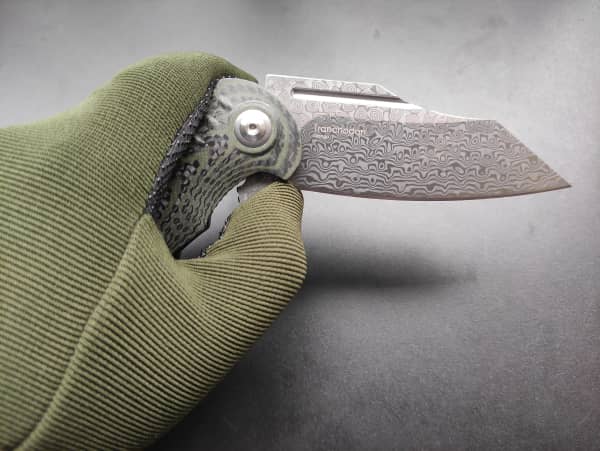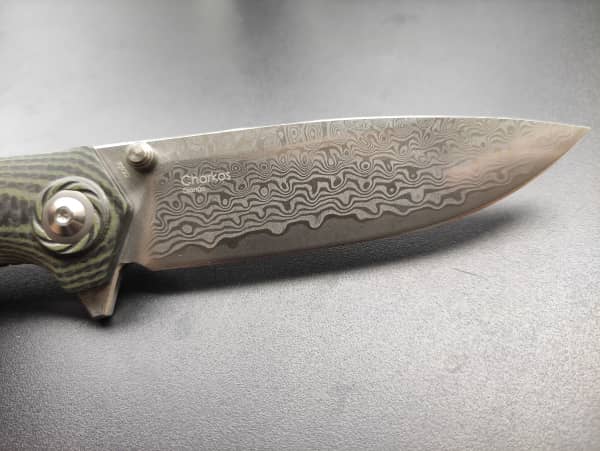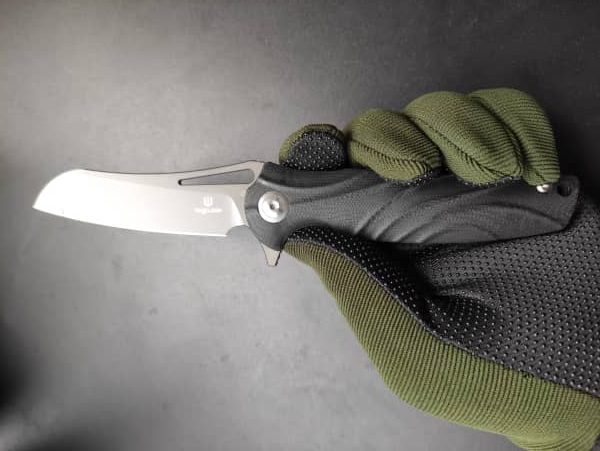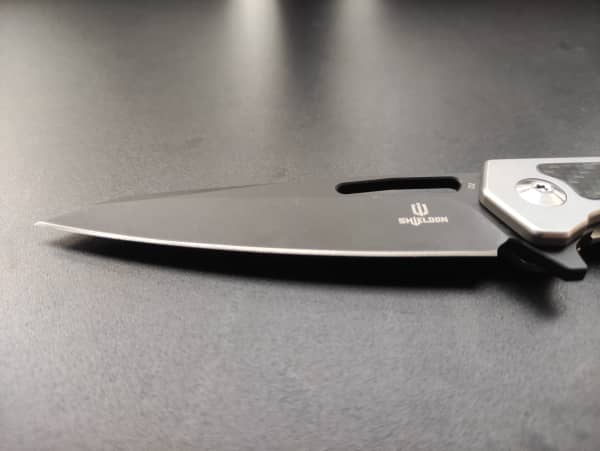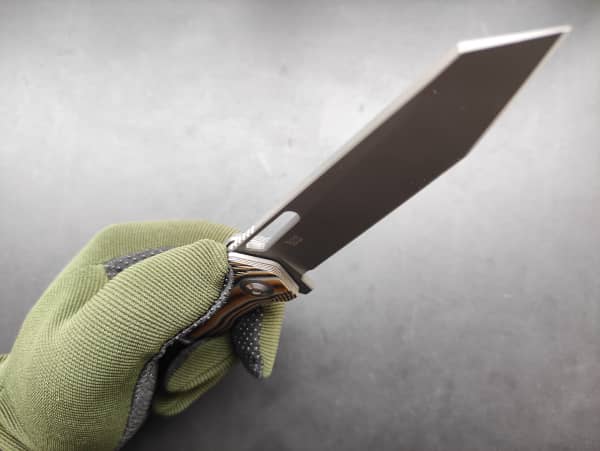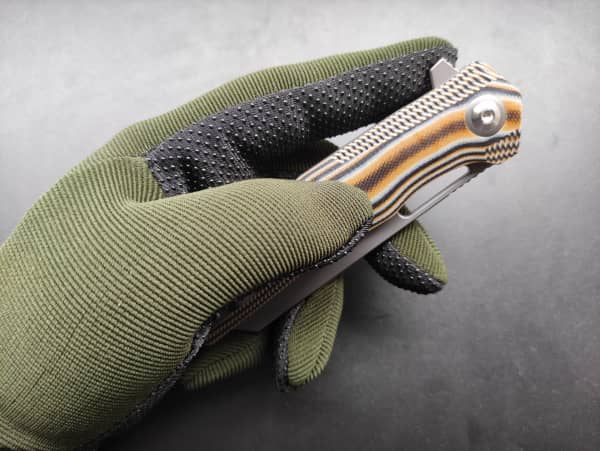The handle is a crucial component of every knife, folding or otherwise. The lame de couteau does the actual cutting, but the handle is what makes the whole thing work.
If you didn’t have it, what you’d have in your hand would be nothing more than a crude instrument that might injure you in return.
Companies who make knives put a lot of thought into the design of the handle. In this article, we’ll learn about the many kinds of pocket knife handles, the materials used to make them, and the methods for caring for them.
Keep reading this article to learn more about pocket knife handles!
Common Metals
The majority of pocket knives feature metal handles. This not only improves their appearance and durability but also improves the grip and overall feel of the blade for the user by adding heft.
Pocket knife handles are often made from one of the following metals:
Aluminium
Aluminum is resistant to corrosion, making it a unique metal. It quickly coats the surface in a barrier that prevents further damage from atmospheric contact.
Because of this, it has become the standard for making pocket knife handles. All couteau de poche owners strive for this degree of aesthetics, which may be achieved by anodizing the metal to produce whatever color you like.
Avantages
- Poids léger
- Durable
- Color versatility
- Rust-resistant
Les inconvénients
- Sujet aux rayures et aux bosses
- Uncomfortable to hold in cold climates
- It must be textured for the grip to certain
Acier inoxydable
The majority of pocket knife blades and handles are made from this metal. The material is heavier and more robust than steel, and it can withstand a lot of wear and tear without succumbing to corrosion.
Preventative maintenance is essential if you want to get as much use out of your sling before you have to start thinking about replacing it.
Avantages
- Economically-priced
- Durable
- High level of corrosion resistance
- Great for heavy work
Les inconvénients
- Lourd
- Besoins d'entretien élevés
- It is not ideal for cold climates
Titane
Titanium is both one of the hardest metals known to man and one of the lightest metals, which is rather unexpected given its strength. But because of how expensive it is to produce titanium blades and handles for pocket knives, you won’t find very many of those kinds of knives.
They can only be found in high-end knives due to their outrageous price tag and limited availability.
Avantages
- Poids léger
- Highly durable
- Highly resistant
Les inconvénients
- It can freeze up in extremely cold climates
- It is not completely indestructible; all rely on how it is handled
Man-Made Synthetics
These knife handles are blended with others to form an altogether new kind of substance that is used to build knife handles.
They may not be as durable as metals, but they make up for them with their attractive appearance and excellent grip. The following are some of the most prevalent kinds in this category.
Fibre de carbone
For good reason, carbon fiber knives are considered a symbol of high-end craftsmanship. It is a long-lasting material with a refined look, which has inspired knifemakers to create innovative new blade shapes.
Here are some of the pros and cons of utilizing carbon fiber for pocket knife handles.
Avantages
- Stunning in appearance
- Exceptional durability
- Not susceptible to rusting or corroding
- Poids léger
Les inconvénients
- Brittleness
- Hard impacts degrade it
- Quite pricey
Fiberglass
Glass and plastic are mixed with a resin binder to form this bendable and sturdy material, which is then utilized for knife handles.
They look quite similar to carbon fiber but are more reasonably priced and available in a wider range of colors. The durability and resistance to aging and scratching of fiberglass continue to make it a popular material for many applications.
Avantages
- Excellent design
- Aesthetic choices
- Not susceptible to rusting or corroding
Les inconvénients
- Chipping
- Cheap plastic appearance
Natural & Organic Knife Handles
These are the grips you see on knives that are crafted from animal parts, such as cowhide, wood, bone, or ivory.
They’re inexpensive and easy to come by, making them a great option for handles.
Because they are mostly handcrafted, the handles on these pocket knives are some of the most attractive you’ll find.
Avantages
- Fabulous variety of possible designs
- Compatibility with all colors
- They will not corrode or rust
- Superb grip
Les inconvénients
- They don’t last long.
- They serve more as decoration than anything else
- Some of these items are prohibited by law, such as ivory
Plats à emporter
There is a lot of importance placed on the handle of your pocket knife. It provides a grip, improves looks, and adds the essential weight to give the complete instrument the appropriate balance, which allows it to be used more effectively.
When shopping for a pocket knife, pay particular attention to the handle, and before making a purchase, try holding it in your hands to get a sense of how it feels.
Bouclier is a professional knife manufacturing company that may help you with your curiosity.
Vous pouvez également nous suivre par les moyens suivants :
https://www.facebook.com/ShieldonCutlery
https://www.instagram.com/shieldon_knives_and_tools/
https://www.youtube.com/channel/UC_Dz–HODWHFY4AaUF0z11Q
https://twitter.com/Shieldonknives1/
https://shieldonknivesandtools.tumblr.com/
https://www.linkedin.com/company/72285346/
https://www.pinterest.com/shieldonknivesandtools/
Plus d'introductions vidéo:

